Asynchronous / On-Demand Courses
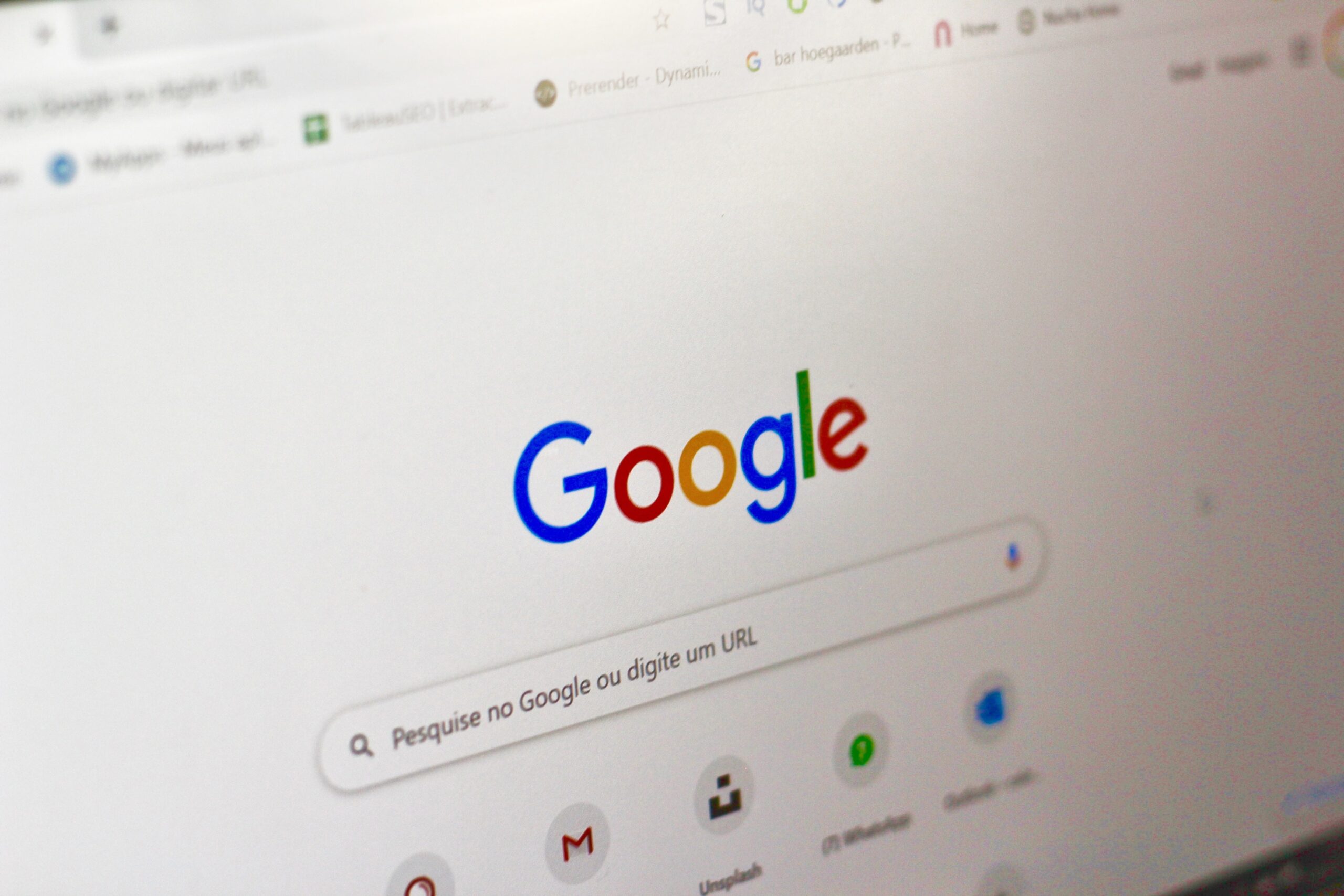
Get Found in Google – SEO for Science Communicators
You’ve got your article, blog, or website ready to post. But will anyone see it after you publish? This course will teach you how to use search engine data to expand the reach of your online science communication. You’ll learn basic search engine optimization skills (keyword research, on-page keyword use, and hyperlinking). With these skills, you will be able to find out what language the public uses when searching on science questions and how to use that language in your writing to signal to search engine algorithms to return your article when the public does these searches. We will also cover how to link to other websites in your online writing to make sure good science is at the top of those search results, how and why to build links to your articles and websites, and why these skills are so important to science communication.
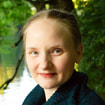
Instructor: Dr. Effie Greathouse
This course is run by Dr. Effie Greathouse. Dr. Greathouse holds a B.S. in wildlife, fish, and conservation biology from the University of California, Davis and a Ph.D. in ecology from the University of Georgia. She is currently the director of Digital Resources for Community and Science.

Advice for Talking Science with Anyone
Learning about effective communication is easy. Actually following through and communicating effectively…well, not so much. Scientists are brilliant and attentive people but they seem to stumble on the simple nuances of how most people talk day-to-day. But bringing science to the masses doesn’t need to be discouraging or devolve to “dumbing down your research.” It’s about being wise. Being selective. It’s about putting yourself in their shoes. Be clear, concise, and a bit irreverent. Now sit back and enjoy, here’s some simple advice for talking science to anyone.
Join us for the chance to turn your research into something someone else will find interesting. Come learn how effective communication can make your study stand out and raise your profile within the scientific community.

Instructor: Steven Sobieszczyk
Steven Sobieszczyk is a scientist, storyteller, and dad. Besides his research, Sobie’s passion is to help others communicate better, regardless of their background or interests. Due to his insatiable curiosity he has developed a broad expertise, including being a teacher, spokesperson, author, web developer, videographer, and artist. He is also a co-founder and Vice President of Content at ScienceTalk.org.
Past Courses
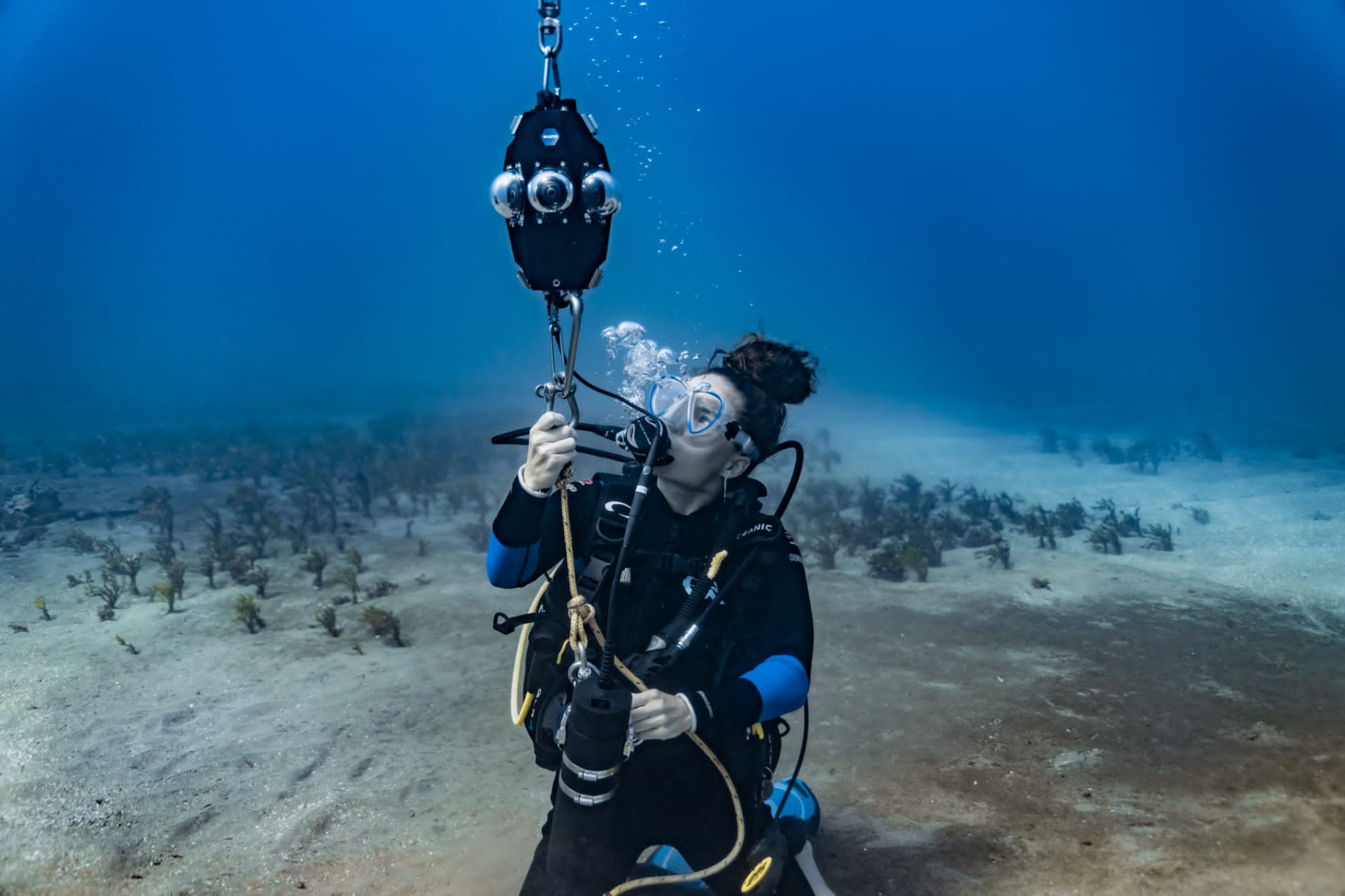
DIY: Build your business in freelance science communication with Marley Parker
This course focuses on how to build a business (whether it’s a side-hustle or a full-time career) as a freelance science communicator. Over four weeks, we will cover essential tools and insights including how to:
1. Grow your network: learn what approaches actually work for making professional connections and getting hired for science communication projects.
2. Get tech savvy: learn the basics of website design, professional social media presence, email newsletters, and personal branding.
3. Get paid: learn how to establish your rates, know your worth, and find resources to help you navigate the self-employment world, from contracts and copyright to taxes and accounting.
4. Keep it real: recognize that freelance work is tough at times. Learn best approaches to overcome insecurities, address self-doubt or uncertainty, and build confidence and community.
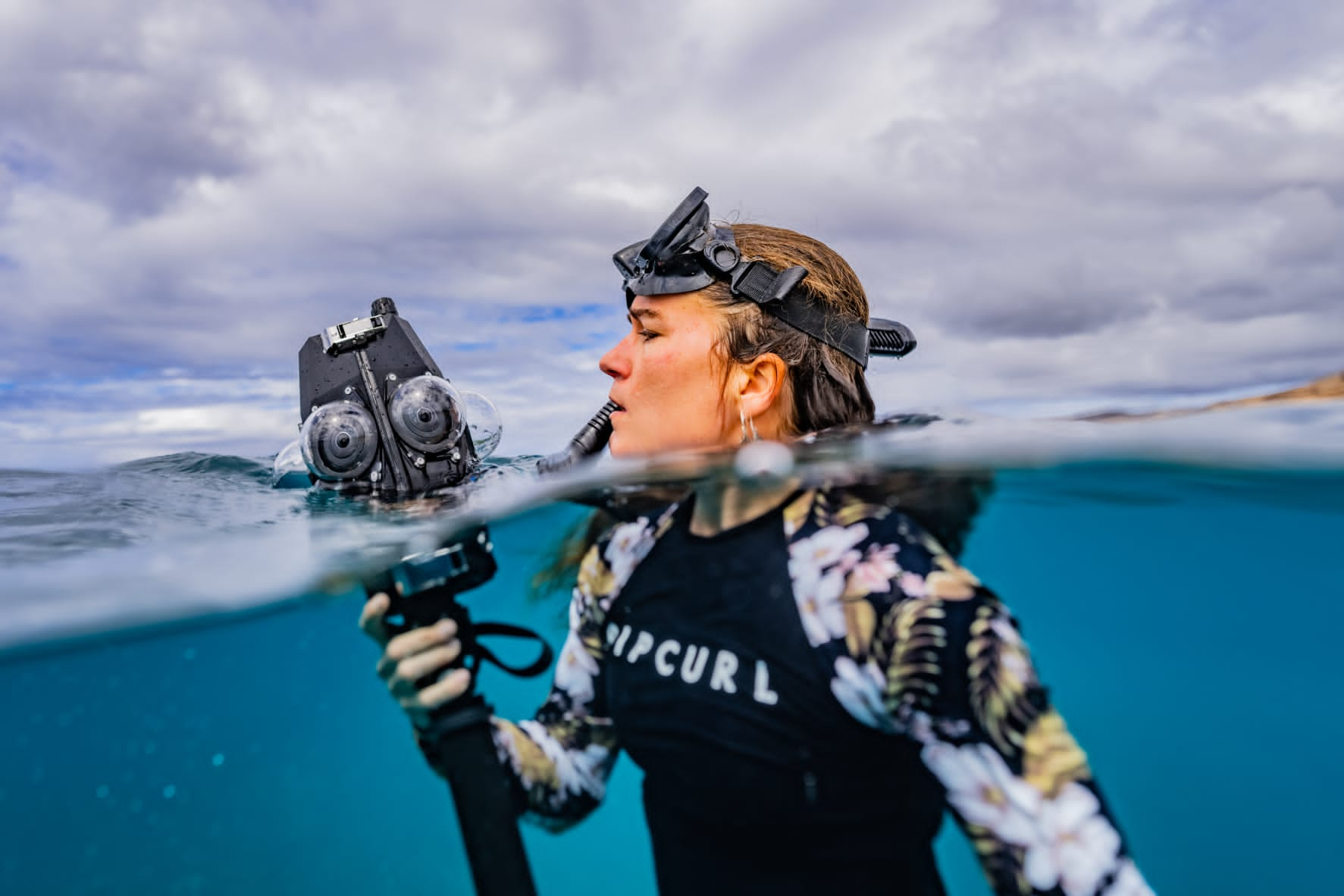
Instructor: Marley Parker
Marley Parker has spent the past decade working as a professional science communicator.
At the beginning of 2018, Marley left her full-time position at a research university to start her own business as a freelance photographer, videographer, and science writer.
Over the past five years, she has done contract work for a wide variety of organizations including the National Science Foundation, the National Academy of Sciences, the Woods Hole Oceanographic Institution, the Ocean Exploration Trust, and many others.
When she is not documenting science in remote parts of the world, Marley loves sharing what she has learned from being a freelancer and pursuing an unconventional career path.
Learn more about Marley and her work here.
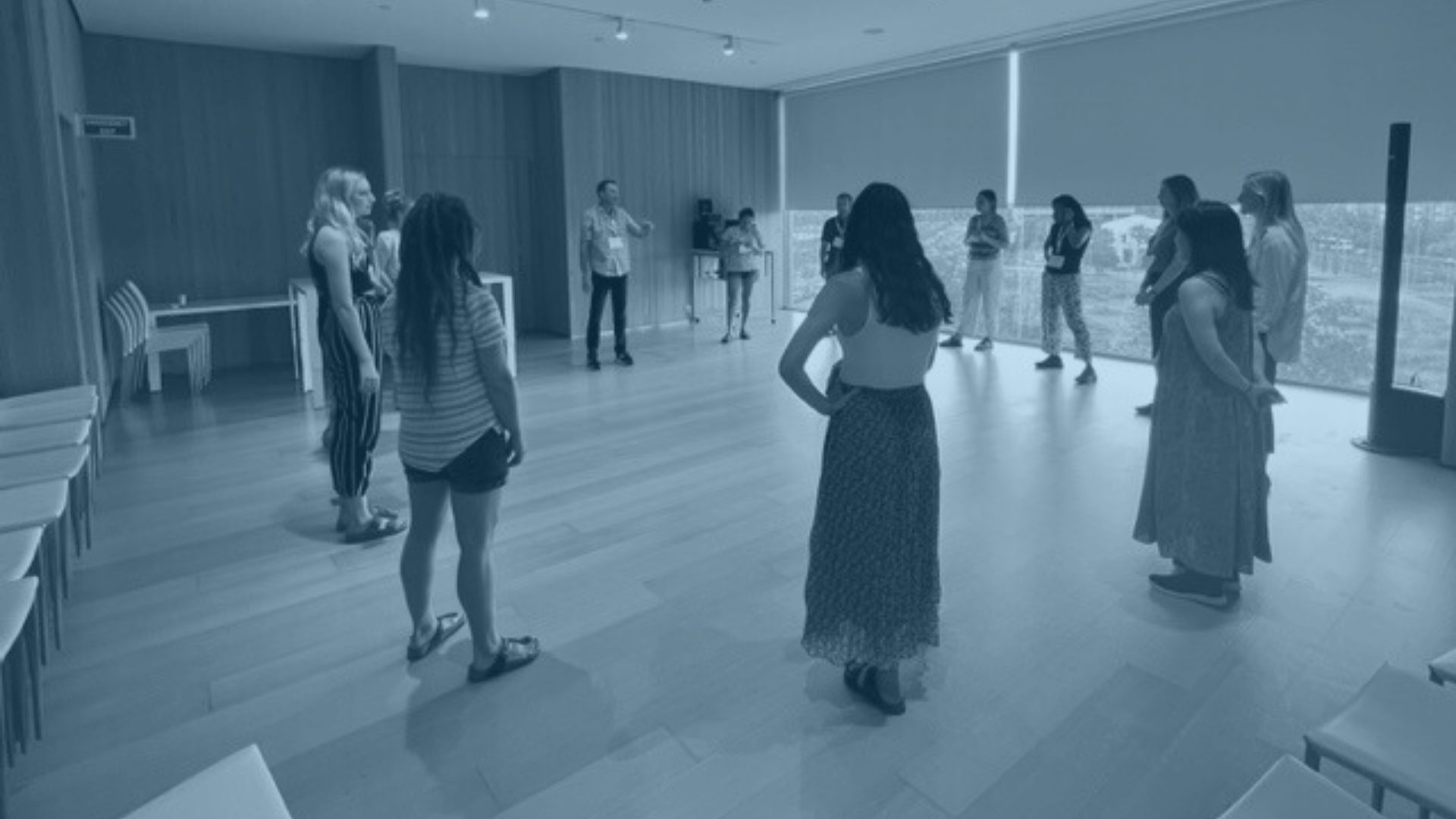
Think Fast! Enhancing your SciComm with the Science of Learning and Improv: Part 1: Motivated Reasoning and Audience Engagement
Have you ever been out in the field talking science to someone and had it go poorly? Didn’t know how to respond and missed an opportunity? Or received either a harsh or no response? Don’t worry, we’ve all been there! Join your peers in one (or both!) of the Think Fast! workshops. We’ll learn how to design science communication endeavors using the science of learning, while also learning principles of improv to help with delivery and responding to your audience. While each workshop will have a similar set up, each will be different enough that you can attend both and learn more, or come to one! Come ready to learn and have some fun!
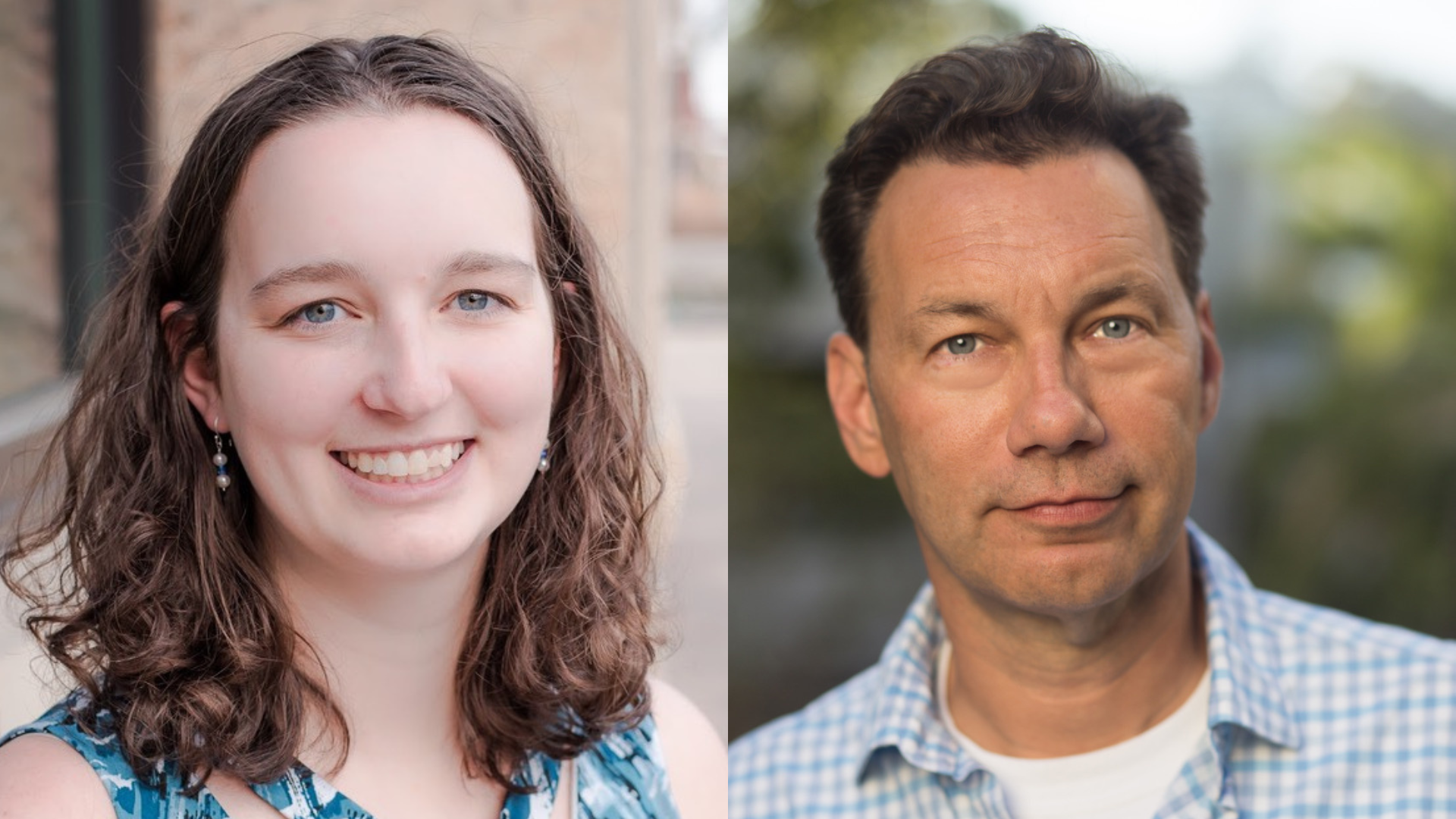
Instructor: Dr. Melanie Peffer and Brian Palermo
Dr. Melanie Peffer is the awarding winning author of Biology Everywhere: How the science of life matters to everyday life. Biology Everywhere is a journey through the science of life as told through our daily experiences. She also wrote a children’s spin off of Biology Everywhere, On the River. She is passionate about making science accessible for all. To that end, she creates content on biology related topics and trains scientists and professional science communicators on evidence-based strategies for science communication. When not writing or in the classroom, Dr. Peffer enjoys playing her flute and enjoying all that Colorado has to offer with her family. Find her on the web at her website BiologyEverwhere.com, Instagram, Facebook, and LinkedIn.
Brian Palermo is a professional actor and writer who draws from his over 30 years experience in the entertainment industry to teach the vital skills of audience engagement to various clients. | But to his own surprise, he fell in love with his side hustle of facilitating communications workshop specifically for science and technology cohorts. And he has developed a specialized niche of training scientists to improve their communication and presenting skills, often utilizing informal exercises as methodology. | As a facilitator, Brian has worked with NASA’s Jet Propulsion Lab, Brookhaven National Lab, The Monterey Bay Aquarium and MBARI, USC’s Keck School of Medicine, the US National Parks Service and more. And as a professional actor and member of The Groundlings Theatre, he’s performed with and directed comedy legends such as Kristen Wiig, Will Ferrell, Melissa McCarthy, Jennifer Coolidge and many others.

Think Fast! Enhancing your SciComm with the Science of Learning and Improv: Part 2: Establishing Trust in SciComm and Best Practices of Presenting
Have you ever been out in the field talking science to someone and had it go poorly? Didn’t know how to respond and missed an opportunity? Or received either a harsh or no response? Don’t worry, we’ve all been there! Join your peers in one (or both!) of the Think Fast! workshops. We’ll learn how to design science communication endeavors using the science of learning, while also learning principles of improv to help with delivery and responding to your audience. While each workshop will have a similar set up, each will be different enough that you can attend both and learn more, or come to one! Come ready to learn and have some fun!

Instructor: Dr. Melanie Peffer and Brian Palermo
Dr. Melanie Peffer is the awarding winning author of Biology Everywhere: How the science of life matters to everyday life. Biology Everywhere is a journey through the science of life as told through our daily experiences. She also wrote a children’s spin off of Biology Everywhere, On the River. She is passionate about making science accessible for all. To that end, she creates content on biology related topics and trains scientists and professional science communicators on evidence-based strategies for science communication. When not writing or in the classroom, Dr. Peffer enjoys playing her flute and enjoying all that Colorado has to offer with her family. Find her on the web at her website BiologyEverwhere.com, Instagram, Facebook, and LinkedIn.
Brian Palermo is a professional actor and writer who draws from his over 30 years experience in the entertainment industry to teach the vital skills of audience engagement to various clients. | But to his own surprise, he fell in love with his side hustle of facilitating communications workshop specifically for science and technology cohorts. And he has developed a specialized niche of training scientists to improve their communication and presenting skills, often utilizing informal exercises as methodology. | As a facilitator, Brian has worked with NASA’s Jet Propulsion Lab, Brookhaven National Lab, The Monterey Bay Aquarium and MBARI, USC’s Keck School of Medicine, the US National Parks Service and more. And as a professional actor and member of The Groundlings Theatre, he’s performed with and directed comedy legends such as Kristen Wiig, Will Ferrell, Melissa McCarthy, Jennifer Coolidge and many others.

How to be a Scientist on Television
For scientists, the opportunity to appear on television can be both exciting and intimidating. The on-camera world is governed by its own set of rules and in this four-week course, molecular biologist and comedian Dr. Adam Ruben will share lessons from his years of presenting science on television. Lights…camera…science!

Instructor: Adam Ruben
Adam Ruben is a writer, comedian, and molecular biologist. He has appeared on the Science Channel, the Food Network, the Travel Channel, the Weather Channel, Discovery International, and Netflix. Adam currently hosts “What on Earth?” and “Ancient Unexplained Files” on the Science Channel and is a writer for “Elinor Wonders Why” on PBS Kids.
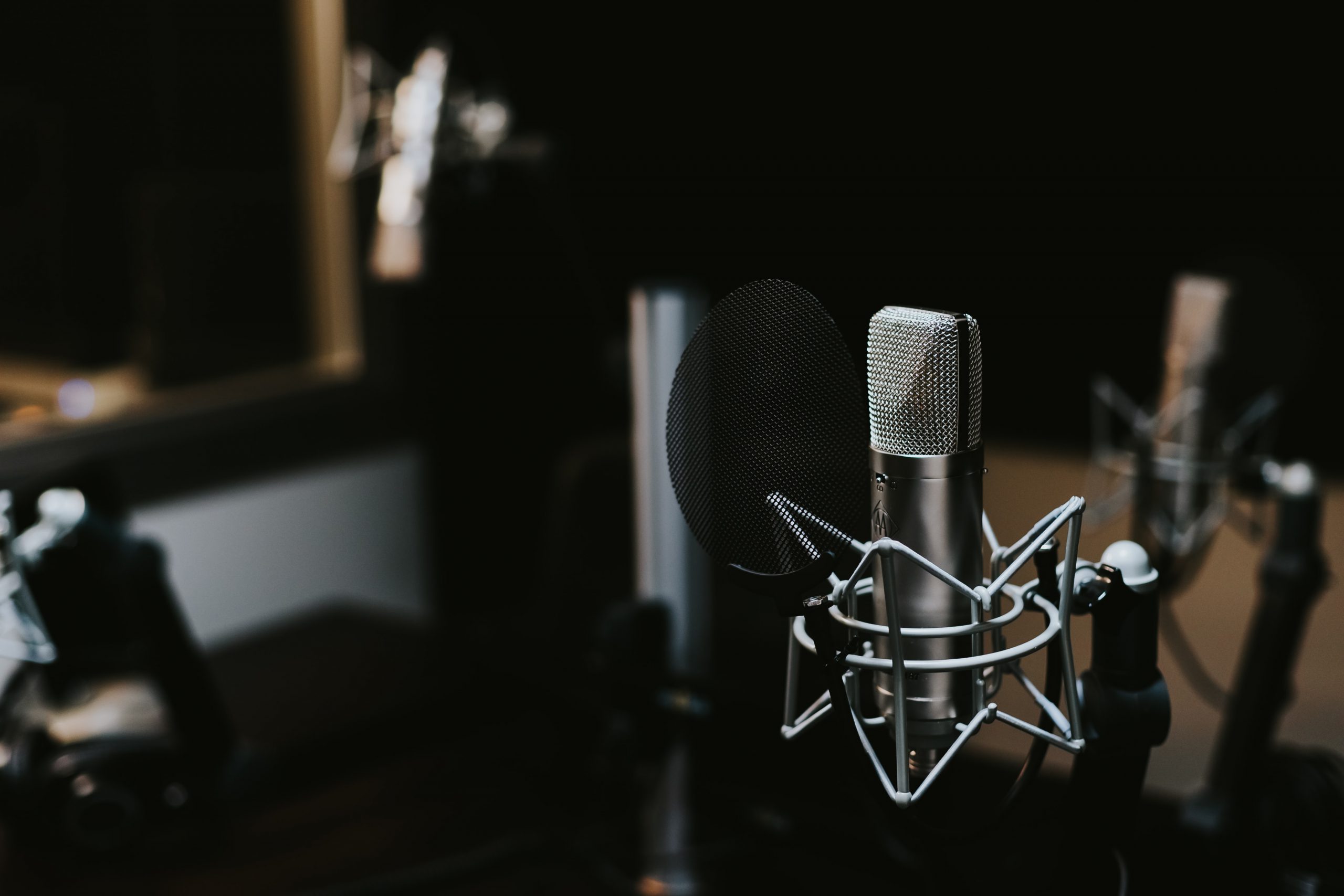
Podcasting for Science Communication
Podcasting brings people together, intimately, through audio. Words spoken from trusted lips vibrate in listeners’ ears with the potential to influence hearts and minds. In this course, with veteran podcaster, Dr. Kiki Sanford, you will explore not just the basics of how to start a podcast, but work specifically on the concept of using podcasts for science communication. As a group, you will discuss various approaches to podcast production, investigate best-practices for reaching various audiences, and identify & critique science podcasts based on this information. You will practice implementing the ideas we cover by developing your own science podcast pilot episode and production plan. If you have been considering podcasting for science communication purposes, this course will set you on the path to make your ideas into a podcast reality.

Instructor: Kirsten Sanford, Ph.D.
This course will be run by Kirsten Sanford, Ph.D. Dr. “Kiki” is creator, producer, and host of the popular and irreverent weekly “TWIS” (“This Week in Science”) podcast and radio show, and host of the “Stem Cell Podcast.” She is owner of Broader Impacts Productions and VP of Public Relations for Science Talk.
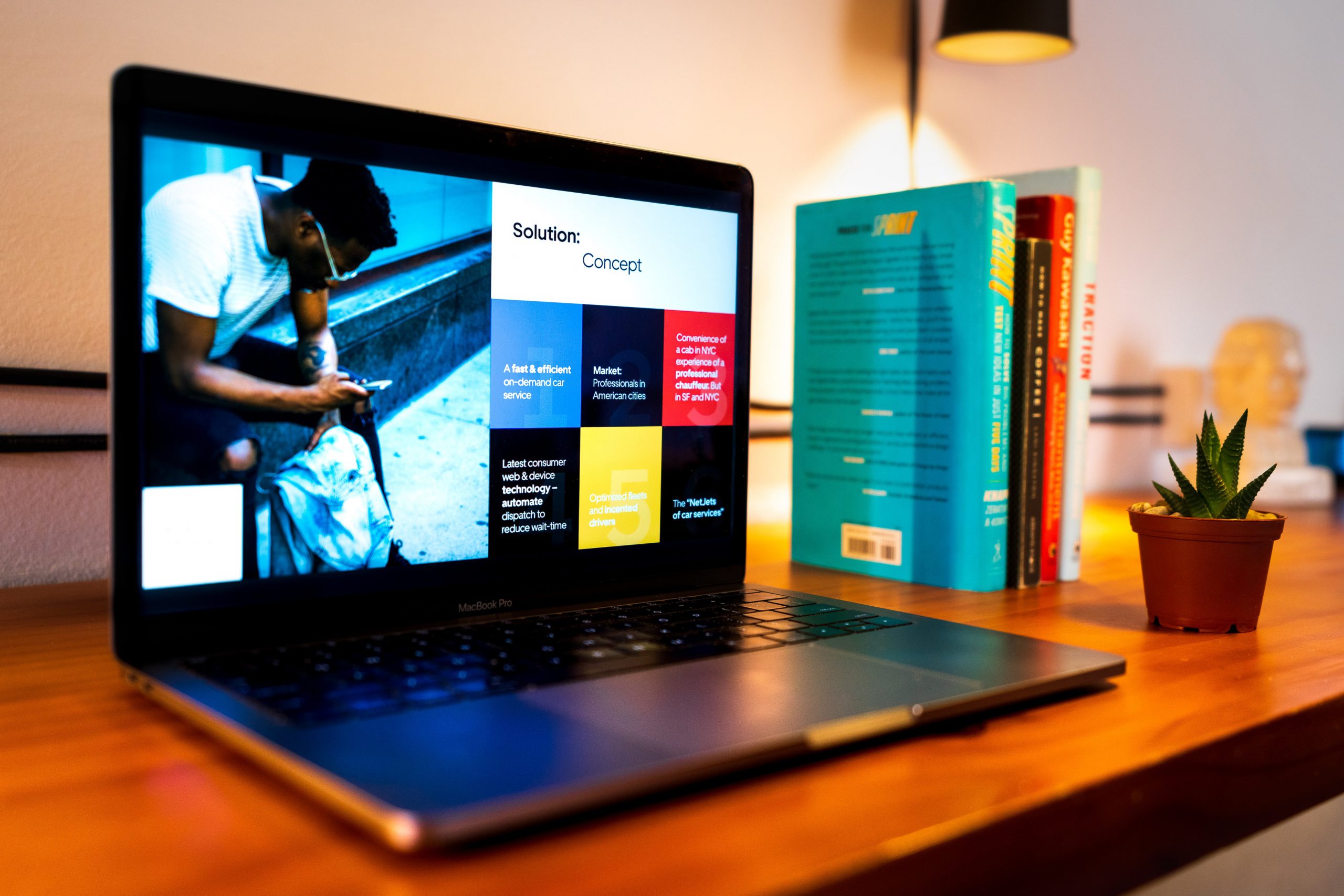
Deconstructing Presentations: Creating Slides that Stick
How often have you had to sit through presentations that left you making a to-do list in your head?
If you do not pay attention to the presentation, you will not retain the information. What would have made those presentations—what would make your presentations—memorable, influential, and successful? In Deconstructing Presentations, we will review how the brain processes visuals, stories, data, and information, and then we’ll apply that knowledge to a step-by-step process for you to use in order to make a more memorable and engaging presentation. We will cover how to apply the principles discussed in PowerPoint, Keynote, or Google Slides, and we will review how virtual presentations should be designed differently than in-person presentations. With your new skills, you will leave with the tools needed to ensure your next virtual or in-person presentation engages your audience, persuades them, and is memorable.
Come to this workshop and leave with the tools to never fall into the same pitfalls most presenters do, ever again!

Instructor: Danielle Hennis
Danielle Hennis is the founder of Make It Memorable, a presentation consulting company that specializes in telling visual stories. She uses her background in psychology and graphic design to create award-winning slides and takes client’s complex ideas and turns them into visuals that help the audience gain a deeper understanding of the topic.

Finding & Selling Science Stories
What’s newsworthy science? How do I find story ideas? Will anyone pay me? Learn the ins and outs of science journalism from a scientist-turned-writer. We’ll focus on finding headline-worthy research, crafting pitches to editors, and the finances of freelance science journalism. You’ll hone your own pitch about a recently published study.
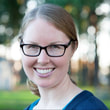
Instructor: Katherine Kornei
Katherine Kornei is a freelance science writer based in Portland, Oregon. She regularly writes for Science, Eos, and The New York Times. Katherine has reported stories from the United States and Asia, and she has received science journalism fellowships from the Woods Hole Oceanographic Institution and the European Geosciences Union. Katherine holds a B.S. in astrophysics from Yale University and an M.S. and Ph.D. in astronomy from the University of California, Los Angeles.
